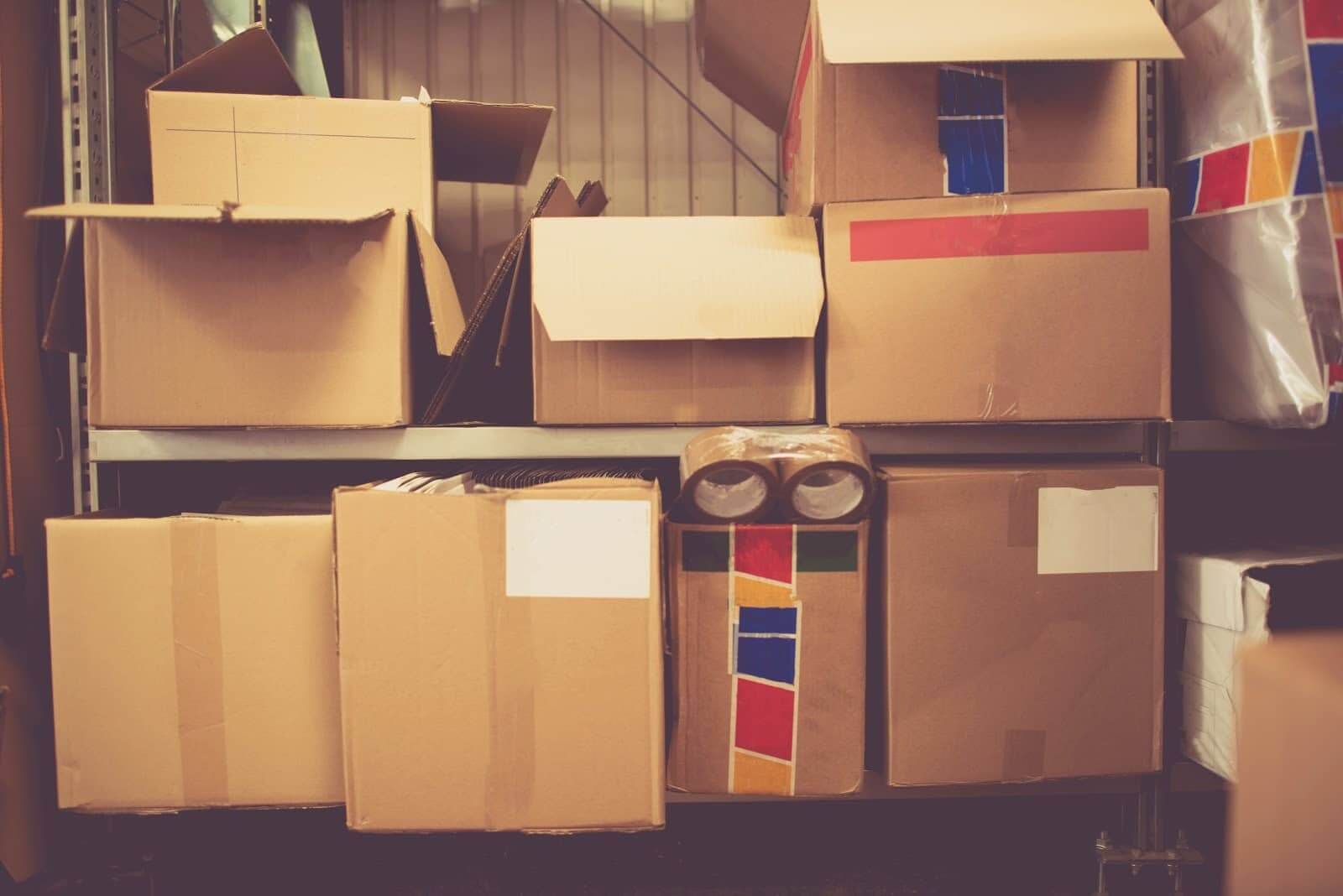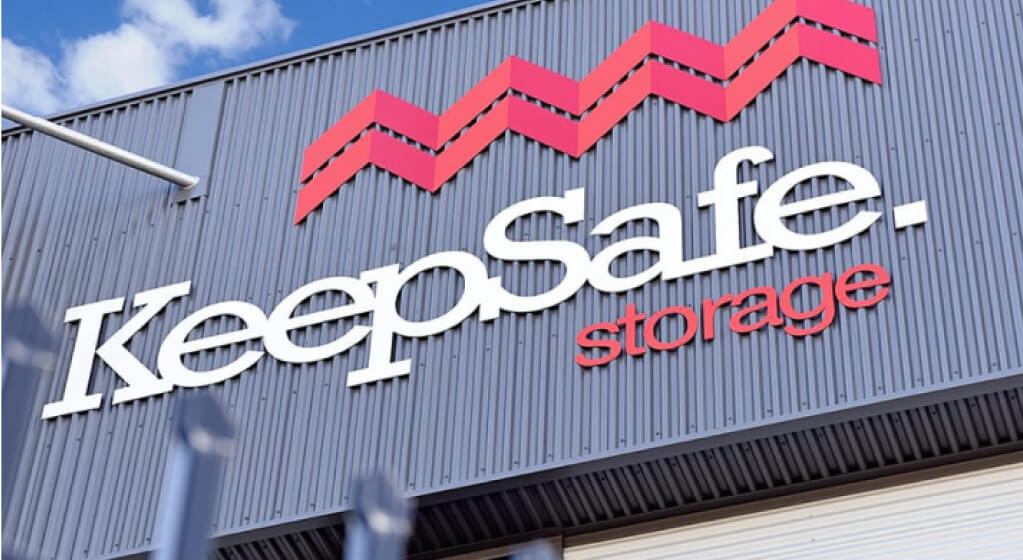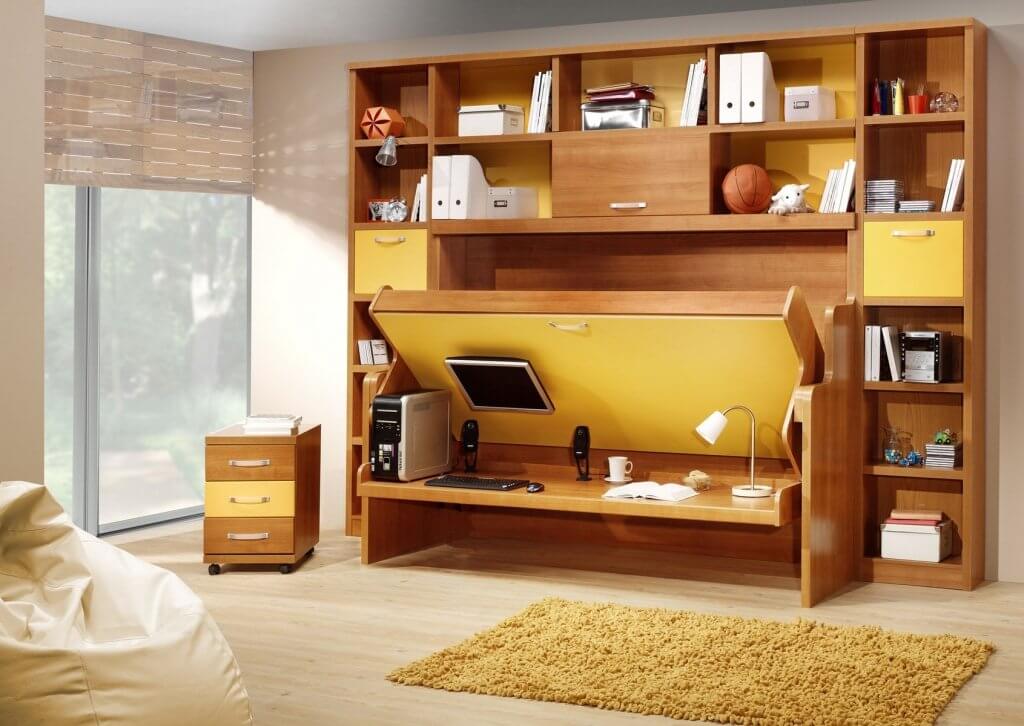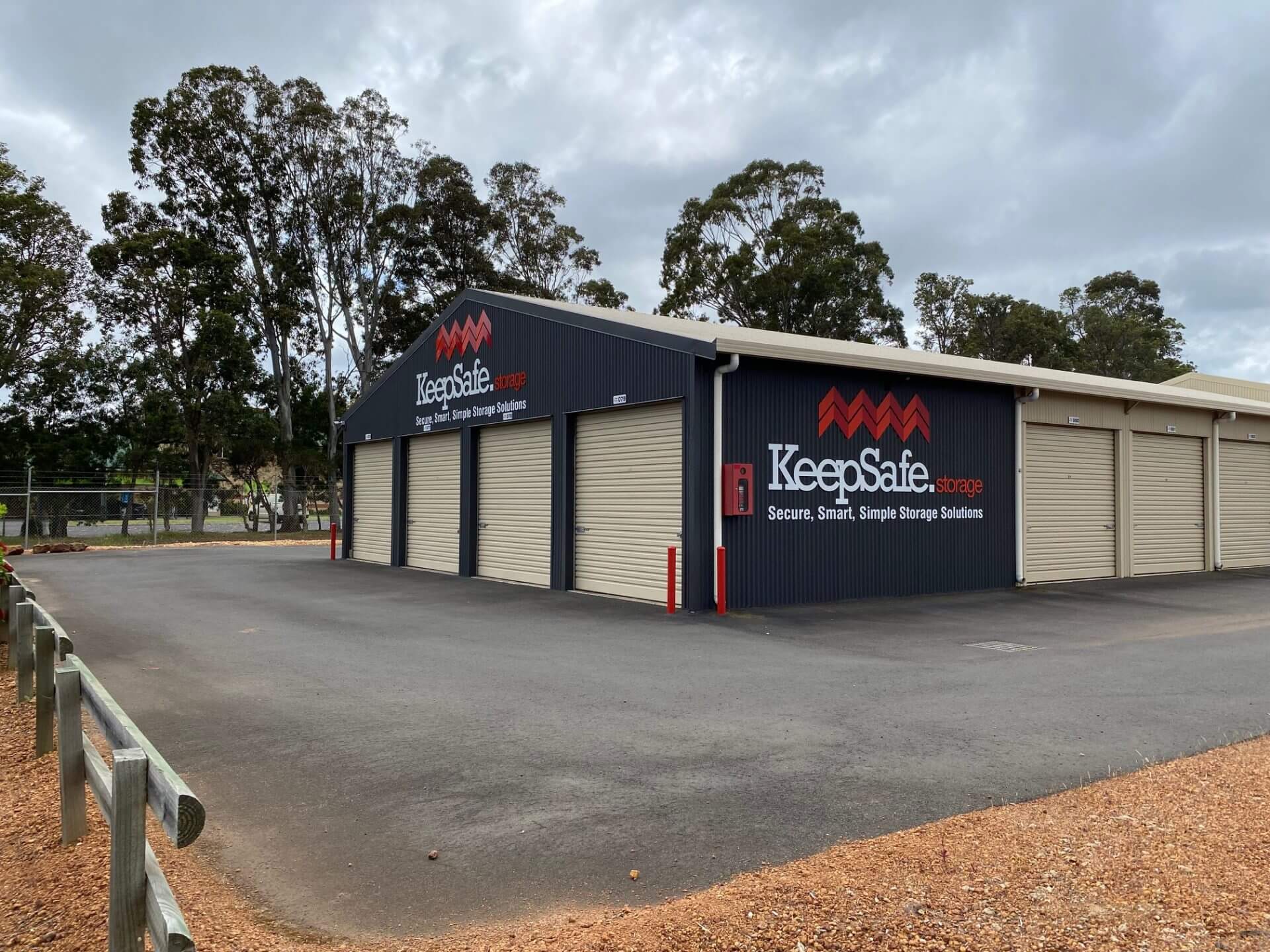
Self storage Article
The Pros and Cons of Outdoor vs. Indoor Storage Units
Self storage units in Perth can be the perfect solution when you need some reliable and secure space for your belongings, be it due to moving, downsizing, or running out of room at home. At some point, you’re going to have to choose between an outdoor or an indoor unit, both of which offer their own advantages and disadvantages. Here, we’re going to look at what you need to know about each to make a more informed decision on where you store your goods.
Outdoor Storage Units: Pros
Easy Accessibility
Outdoor storage units are also commonly known as drive-up units. As the name implies, this makes them very accessible as they are typically located on ground level, meaning you can access by car, truck, or moving van. This can make loading and unloading items, especially heavier or larger ones, a lot easier. As such, people moving furniture, work equipment or boxes could save time and effort with this kind of storage unit.
Cost-Effective
Although it depends on the features of the unit, outdoor storage is often more cost-effective, due to the relatively lower level of climate control and protection. As they’re easier to build and maintain, they cost the business less and typically cost you less. If you don’t need
Flexibility for Larger Items
Due to the design of outdoor units, they often come in larger sizes, which can be an advantage if you have oversised items like boats, cars, or large appliances to store. Their design accommodates easy manoeuvring for loading and unloading, which can be an important factor if you need to frequently retrieve or store large or bulky belongings.
Outdoor Storage Units: Cons
Lack of Climate Control
As mentioned, outdoor units tend not to offer as much in terms of climate control compared to indoor units, which can benefit from their building’s shared HVAC systems. As such, changes in temperature, humidity, rain, and snow can affect some items, especially in areas with extreme weather. This isn’t a problem for many durable items, but electronics, documents, and artwork can be susceptible to changes in temperature and humidity as a result. Some clients pack these items with more external protection to prevent this.
Less Security
Outdoor units, especially those with drive-up access, may be more vulnerable to theft or vandalism compared to indoor units. Although most storage facilities take security seriously, often providing gated access, surveillance cameras, and security guards, the fact remains that outdoor units are more exposed.
Pest Exposure
There is some degree of potential exposure to pests with some outdoor units, including rodents, insects, and birds. Check to make sure that your outdoor units offering the effective sealing necessary to keep these unwanted guests out, or sometimes pests can result in damage to fabrics, cardboard, or even wiring.
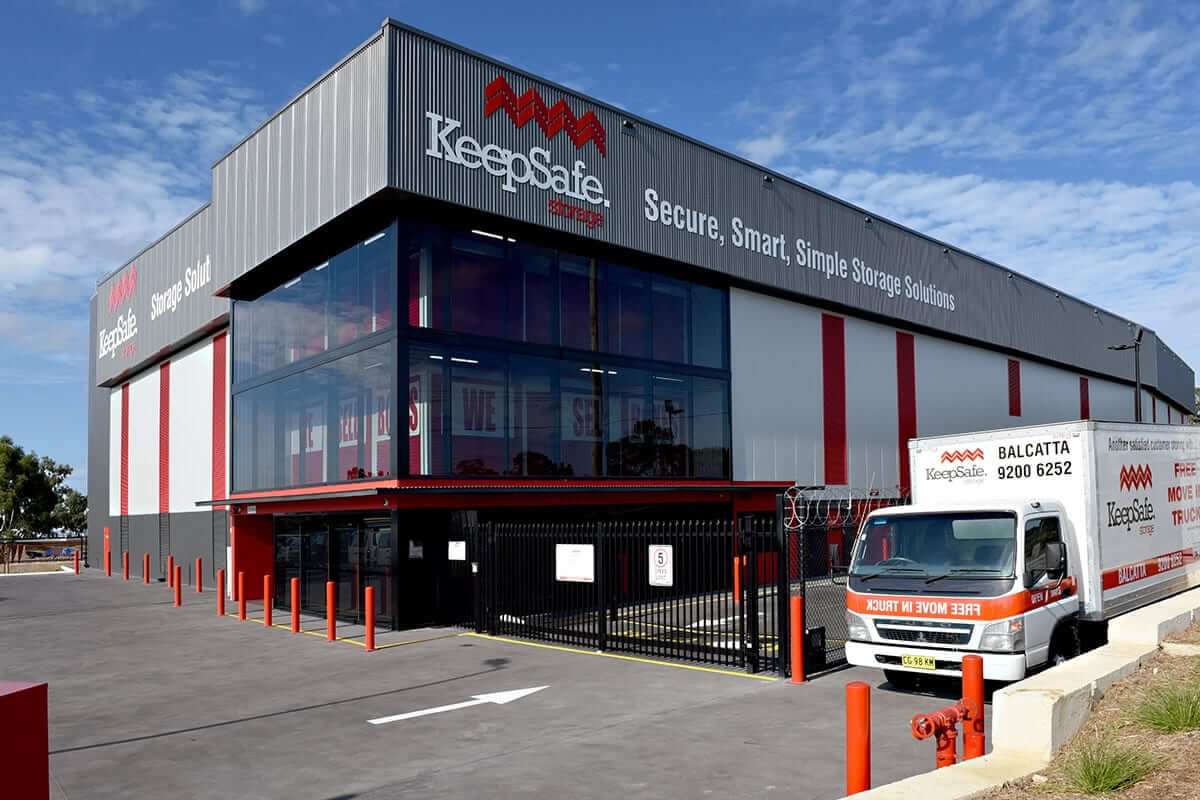
Indoor Storage Units: Pros
Climate Control
In contrast to outdoor units, indoor storage usually offers great climate control, allowing you to store any items that could be sensitive to changes in temperature and humidity, like electronics, antiques, documents, and the like. With an indoor unit that offers climate control, you can maintain a consistent level of heat and humidity, thanks to the HVAC systems running through the building that all the indoor units share.
Enhanced Security
Indoor units typically offer a higher level of security, in large part due to being in a central building, where access to your individual unit can be more easily controlled. For most providers, access isn’t given to the building without a key card or passcode, which prevents unauthorized access. On-site staff and surveillance camera systems offer even more peace-of-mind, making these units superior for those storing valuable or sensitive items.
Protection from Pests
Indoor storage units are less exposed to pests than outdoor units. The interior environment of the building makes it harder for rodents, insects, or other creatures to enter and cause damage. If you are storing items like clothing, upholstered furniture, or documents that pests might target, the added protection of an indoor unit could be well worth it.
Indoor Storage Units: Cons
Higher Cost
The biggest downside of indoor storage units is their higher cost. Climate control, enhanced security, and pest protection come at a premium. If you don’t need to store sensitive items, the extra expense may not be justified. For those on a tight budget or looking for short-term storage, the cost of an indoor unit can be a significant disadvantage.
Limited Accessibility
Indoor units typically require a little more effort to access, as they are inside multistory buildings, usually without any option for you to access them by vehicle. If you have a large, heavy, or large number of items, you might have to spend more effort carrying them through hallways and elevators. Some indoor units also have set hours of operation that you have to take into consideration.
Size Limitations
Indoor storage units are typically smaller in their size range compared to outdoor units, which can make them less effective for larger items, especially vehicles or work equipment. They typically work best for only items that can fit through a regular door.
What Should You Keep In Mind When Choosing A Unit?
When choosing between an outdoor and indoor storage unit, several factors come into play:
The Items You’re Storing
Sensitive items such as electronics, artwork, antiques, or important documents may benefit from an an indoor, climate-controlled unit, preventing environmental damage. On the other hand, if you’re storing durable goods like tools, bikes, or outdoor furniture, an outdoor unit may be sufficient. Similarly, outdoor units are likely to be the better choice for larger items.
How Often Will You Need Access?
If you need frequent and easy access to your belongings, especially large items, an outdoor unit is often more convenient due to its drive-up accessibility. However, if security and protection are more important than convenience, an indoor unit may be preferable, even if it’s less accessible.
Budget Considerations
Costs are always going to be a vital factor. Outdoor units tend to be more budget-friendly than indoor kinds, especially if factors like climate control are not a factor. That said, for valuable items, the added cost of the increased security provided by indoor units might be a worthwhile investment.
Indoor and outdoor storage units both have their own advantages an disadvantages, and you need to consider which of them is most important given your individual needs. Whether it’s the ease of access and affordability of outdoor units or the security and climate control of indoor kinds, consider your options with care.
Contact us
Get in touch with one of our staff
The team at KeepSafe are ready and waiting to assist. We’ll be back to you as soon as possible!




